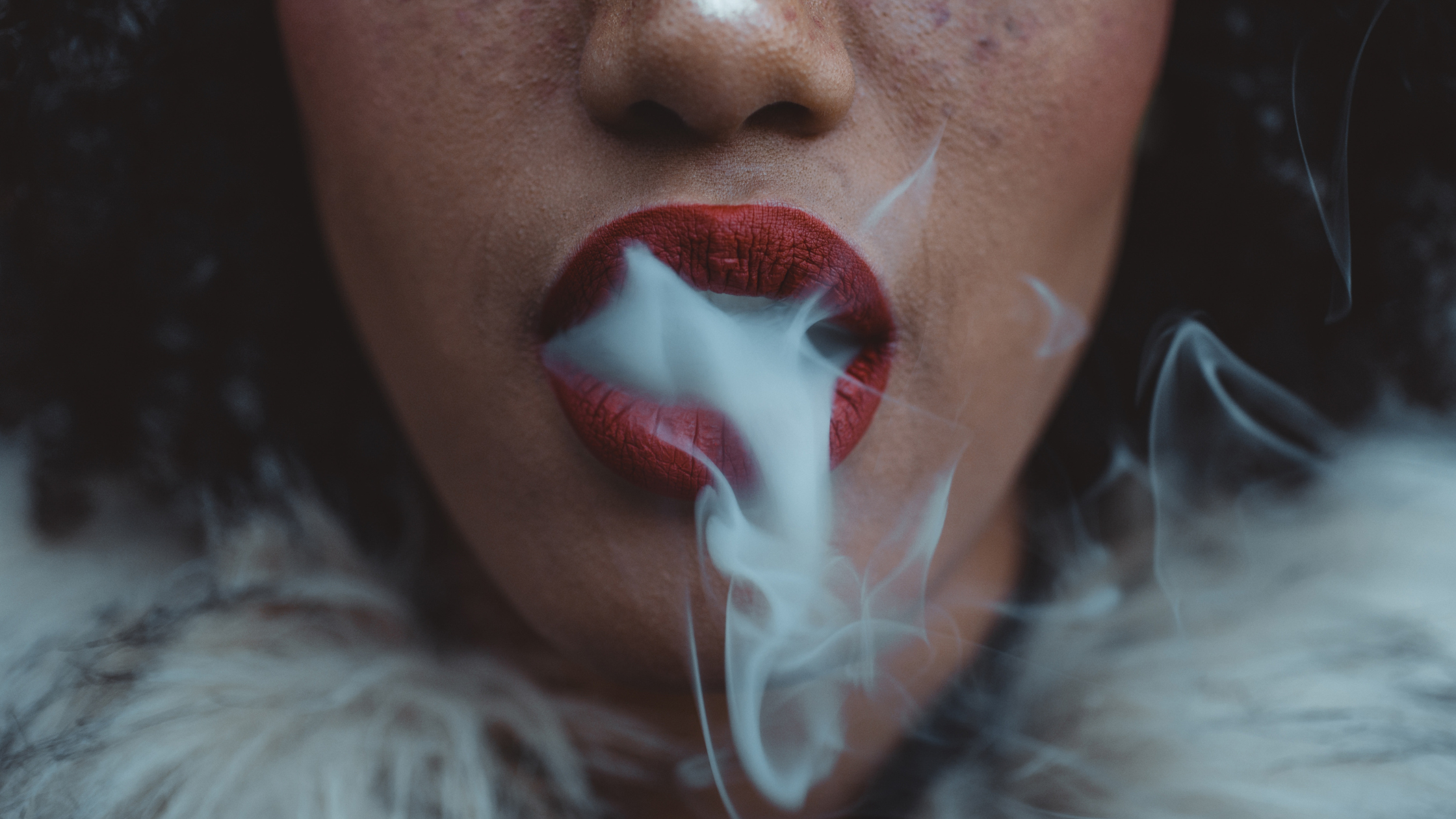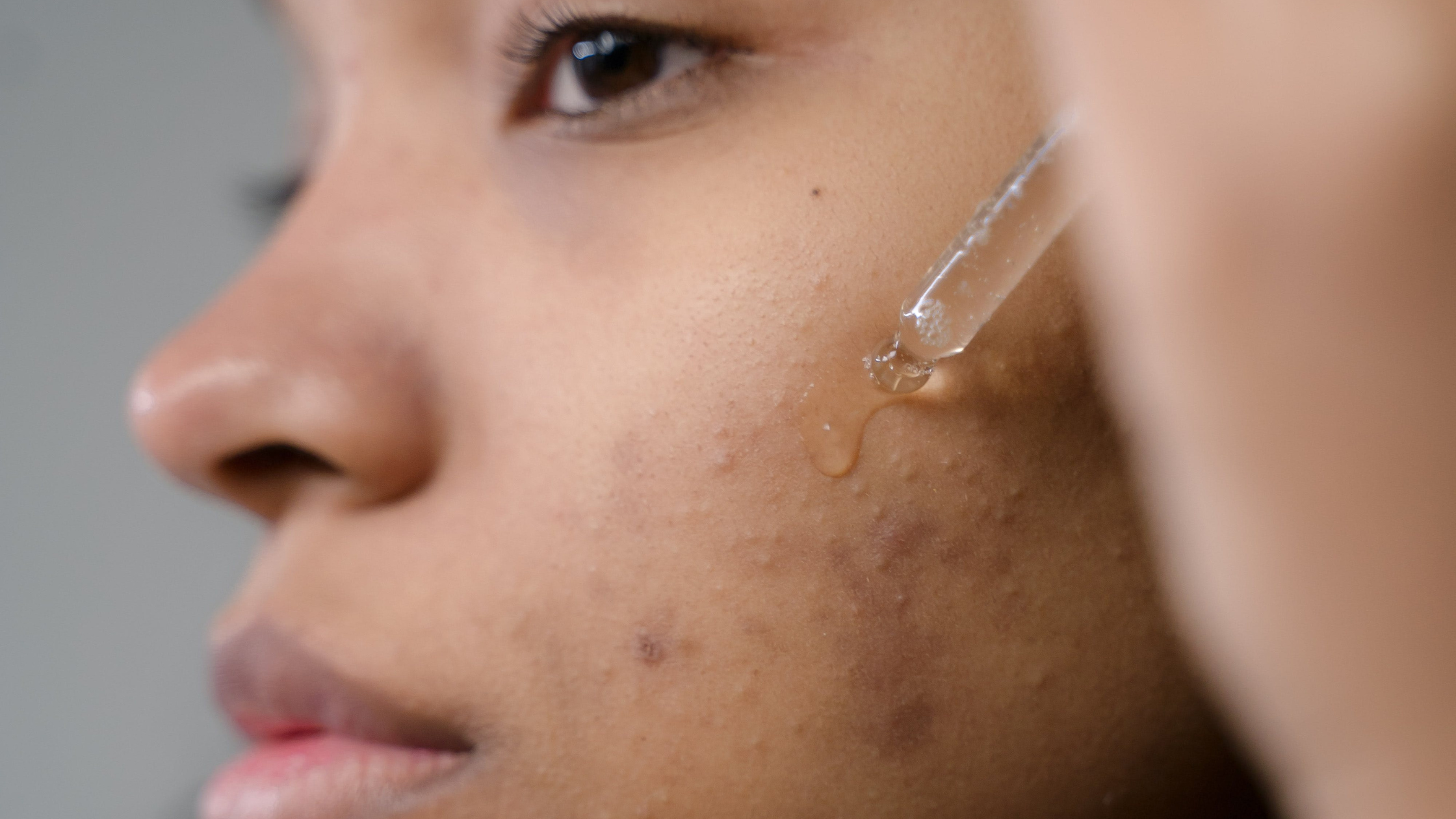
How To Get Rid of Body Acne
Body acne can be a persistent issue, impacting not just our skin but also our confidence. We'll explore effective strategies to quickly get rid of body acne and maintain clear, healthy skin.
What Causes Body Acne?
Body acne, similar to facial acne, can be caused by a combination of factors. Understanding these factors is crucial for effectively preventing and managing body acne. Here are some common causes of body acne:
- Hormonal Fluctuations: Hormonal changes, particularly during puberty, menstruation, pregnancy, and even certain medical conditions, can stimulate the sebaceous glands to produce more oil. This excess oil can lead to clogged pores and the development of acne.
- Genetics: A genetic predisposition to acne can make some individuals more prone to developing body acne. If your parents or close family members had acne, you might be more likely to experience it as well.
- Sweating and Friction: Excessive sweating, especially when combined with friction from tight clothing, can contribute to the development of body acne. Sweat and oil can mix and clog pores, leading to breakouts.
- Poor Skincare Habits: Inadequate cleansing and exfoliation can allow dead skin cells, oil, and bacteria to accumulate on the skin's surface. This buildup can contribute to the formation of acne.
- Certain Medications: Some medications, such as steroids and certain hormonal contraceptives, can affect hormone levels and increase the likelihood of developing acne as a side effect.
- Dietary Factors: Diets high in refined carbohydrates, sugars, and dairy have been associated with an increased risk of acne. The exact relationship between diet and acne is complex and varies among individuals.
- Environmental Factors: Exposure to certain environmental pollutants and irritants can contribute to skin inflammation, making it more susceptible to acne.
- Stress: Stress can trigger hormonal changes in the body, leading to increased oil production and inflammation. This can exacerbate existing acne or contribute to the development of new breakouts.
- Comedogenic Products: The use of skincare or body care products that contain comedogenic ingredients—substances that are known to clog pores—can contribute to acne. It's essential to choose non-comedogenic products.
- Bacterial Infection: Propionibacterium acnes (P. acnes) is a type of bacteria that lives on the skin. When pores become clogged, it can lead to the growth of these bacteria, resulting in inflammation and acne.
Preventing and managing body acne often involves a combination of good skincare practices, maintaining a healthy lifestyle, and addressing any underlying factors such as hormonal imbalances.
How to Get Rid of Body Acne Fast
Dealing with body acne can be a challenging experience, but with the right approach, you can effectively reduce and eliminate those pesky blemishes. Here's a step-by-step guide on how to get rid of body acne fast:
- Establish a Consistent Cleansing Routine: Start by cleansing your body regularly with a mild, fragrance-free cleanser. This helps remove excess oil, sweat, and bacteria that can contribute to acne. Use a gentle touch to avoid irritating your skin.
- Exfoliate Regularly: Exfoliation is crucial for removing dead skin cells that can contribute to clogged pores. Use a gentle exfoliating scrub or a body wash with exfoliating properties to keep your skin smooth and prevent new breakouts.
- Choose Loose-Fitting, Breathable Clothing: Wear loose-fitting clothes made of breathable fabrics to minimize friction on your skin. Tight clothing can trap sweat and contribute to acne, especially in areas prone to friction, such as the back and chest.
- Shower After Sweating: If you engage in activities that make you sweat, make sure to shower promptly afterward. Sweating can increase the risk of pore blockages, so keeping your skin clean is essential for preventing body acne.
- Avoid Touching or Picking: Resist the urge to touch or pick at your acne. This can worsen inflammation, increase the risk of infection, and lead to scarring. Let your chosen treatments work their magic without interference.
- Stay Hydrated and Maintain a Healthy Diet: Hydration is crucial for overall skin health. Drink plenty of water to keep your skin hydrated from the inside out. Additionally, maintain a balanced diet rich in fruits, vegetables, and whole grains, while minimizing the intake of sugary and greasy foods.
- Change Bedding and Clothing Regularly: Bacteria on bedding and clothing can contribute to acne. Change your sheets, pillowcases, and clothing regularly to reduce the risk of bacterial contamination.
Remember, achieving clear skin takes time and consistency. Be patient with your skincare routine with these tips, you're on your way to smoother, blemish-free skin.
How Do I Stop Upper Body Acne?
Stopping upper body acne requires a targeted approach to address the specific challenges posed by this area. Here's a comprehensive guide on how to prevent and stop upper body acne:
- Use a Gentle Cleanser: Start with a mild, fragrance-free cleanser formulated for the upper body. Cleanse the chest, shoulders, and back regularly to remove excess oil, sweat, and bacteria.
- Choose Non-Comedogenic Products: Opt for skincare products labeled "non-comedogenic." These products are less likely to clog pores, reducing the risk of acne development. This is particularly important for the upper body, where pores can easily become blocked.
- Exfoliate Regularly: Incorporate exfoliation into your routine to remove dead skin cells and prevent pore blockages. Use a gentle exfoliating scrub or a body wash with exfoliating properties 2-3 times a week.
- Wear Loose-Fitting Clothing: Choose loose-fitting clothing made of breathable fabrics. Tight clothing can trap sweat and create friction, leading to irritation and acne development on the upper body.
- Tie Up Long Hair: If you have long hair, tie it up to prevent contact with your upper body. Hair products and oils can contribute to acne, especially on the back and shoulders.
- Shower After Sweating: After activities that cause sweating, take a shower as soon as possible. Sweating, when combined with oils and bacteria on the skin, can contribute to acne development.
- Regularly Change Bedding: Change your sheets and pillowcases regularly to prevent the buildup of bacteria that can transfer to your skin and contribute to acne.
- Avoid Touching or Picking: Resist the temptation to touch or pick at acne on your upper body. This can worsen inflammation, increase the risk of infection, and lead to scarring.
- Stay Hydrated and Maintain a Healthy Diet: Ensure you stay hydrated and maintain a diet rich in fruits, vegetables, and whole grains. A healthy lifestyle contributes to overall skin health.
Remember, consistency is key when it comes to skincare. Implementing these habits into your routine can help prevent and stop upper body acne over time.
How Can I Reduce Acne On My Body?
Reducing acne on your body involves adopting a holistic approach that addresses both skincare habits and lifestyle factors. Here's a comprehensive guide on how to reduce body acne:
- Establish a Consistent Cleansing Routine: Start with a gentle, fragrance-free cleanser to wash your body regularly. Cleansing helps remove excess oil, sweat, and bacteria that can contribute to acne development.
- Choose Non-Comedogenic Products: Opt for skincare products labeled as "non-comedogenic." These products are formulated to avoid clogging pores, reducing the risk of acne.
- Exfoliate Regularly: Incorporate exfoliation into your routine to slough off dead skin cells. Use a mild exfoliating scrub or a body wash with exfoliating properties 2-3 times a week to prevent pore blockages.
- Moisturize with Oil-Free Lotions: Keep your skin hydrated with oil-free, non-comedogenic lotions. Moisturizing helps maintain skin health without exacerbating acne.
- Maintain Good Hygiene Habits: Shower regularly, especially after sweating. Pay attention to areas prone to acne, such as the back and chest. Use clean towels and change your clothes promptly after exercising.
- Choose Loose-Fitting Clothing: Wear loose-fitting, breathable clothing to minimize friction on your skin. Tight clothing can trap sweat and contribute to acne development, especially in areas prone to friction.
- Shower After Sweating: After engaging in activities that cause sweating, take a shower as soon as possible. Sweating, when combined with oils and bacteria, can lead to clogged pores and acne.
- Maintain a Healthy Diet: Eat a balanced diet rich in fruits, vegetables, and whole grains. Limit the intake of sugary and greasy foods, as they can contribute to acne.
- Stay Hydrated: Drink plenty of water to keep your skin hydrated from the inside out. Hydration is crucial for overall skin health.
- Change Bedding Regularly: Regularly change your sheets and pillowcases to prevent the accumulation of bacteria that can contribute to acne.
- Avoid Touching or Picking: Resist the temptation to touch or pick at your acne. This can worsen inflammation, increase the risk of infection, and lead to scarring.
Consistency is crucial in reducing body acne. Implementing these habits into your daily routine can contribute to clearer, healthier skin over time.






